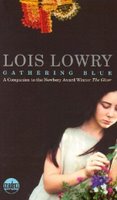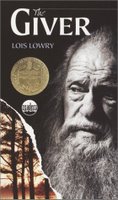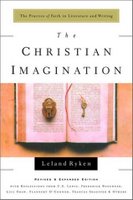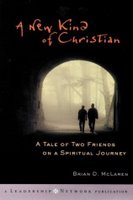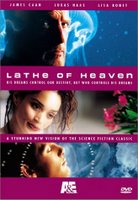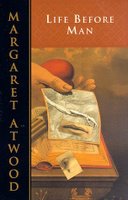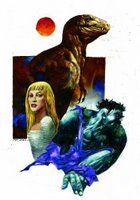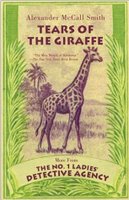This is a strange book, and in some ways I almost found the introduction more interesting & engaging than the actual text. These "memoirs" are rare, preserved documents found in a future when almost all paper documents have been destroyed in the 20th century "papyralysis" that obliterated human culture and plunged humanity into dark ages of anarchy and chaos. The actual memoirs themselves tell the story of one man's experience trying to discover and accomplish his secret mission in an immense building full of spies and counter-spies.
The book is hard to engage with, because the characters and the setting are so strange; I suspect this is intentional, because then the reader is placed in roughly the same position as the protagonist: we are left to wander through a confusing structure without any real connections or reliable assistance. The main character (whose name we are never told) is given a secret mission, but never given his orders, so he wanders around the Building opening doors seemingly at random and talking to various people (spies, double- and triple-agents), trying to discover what he is supposed to do, and eventually trying to discover what is going on. At one point, roughly midway through the memoirs, he is given his instructions and when he glanced at them briefly (before they are stolen away from him), he discovers that his instructions detail what he has already done so far (in the words of the book the reader is reading).
Lem's imagination must have been incredibly fruitful, because there are so many ideas here that other writers might milk for an entire book. The code master Prandtl explains that everything is in code-- even something that has been decoded can be put through the codebreaker again, and for an example they put some lines of Shakespeare through their code machine. (Of course, what comes out seems pretty nonsensical.) It's an interesting idea that makes a certain amount of sense with language as a system of codes that keeps going down to different levels (books made up of chapters with paragraphs and sentences which are made up of words made up of this code of letters, etc.). Another time, one of the agents the protagonist runs into suggests the delightful idea that the bureaucracy in the Building has hit upon the method of randomness for delivering papers to the correct people-- eventually the right paper will get to the right person. Towards the end of the book, the main character is used in an elaborate scheme that is apparently intended to determine who is faithful to the organization-- but there are so many levels of watchers that it becomes all about who is watching whom, and who is aware they are being watched (and thus behaving differently): they get an officer so drunk he passes out (but really he's listening the whole time), and hidden in a cupboard is a priest taking notes on the whole thing, and in the next room a recording was made of the whole proceeding...
I've been meaning to read more Stanislaw Lem for a while, and finally finished this book a few days before Lem died. I've read his delightful Cyberiad, which was very engaging and entertaining; this book is quite different from that one, and I found it much harder to get into. I actually was looking for Solaris, because I was curious about it (I've seen the recent movie of it, which I understand is quite different from the book, but it was enough to pique my interest), but the only copy in my library was in the author's native Polish. So I grabbed this one instead, because I recognized the title as one that someone had recommended to me a few years ago.
It's a very interesting book, with lots of ideas, although difficult to engage with; it took me quite a while to read what is not a very long book. Ultimately, if it seems that the book gets at man's search for meaning in an absurd world-- the protagonist is told he's been chosen for an important mission, but he never discovers what that mission is, and doesn't know if he is already starting the mission, or undergoing a series of tests in preparation for his mission, or if the system has broken down and he is just lost in the building.
| Title: | Memoirs Found in a Bathtub |
|---|
| Author: | Stanislaw Lem (translated from Polish by Michael Kandel & Christine Rose) |
|---|
| Date published: | 1973 (English translation) |
|---|
| Genre: | Science Fiction |
|---|
| Number of pages: | 188 |
|---|
| Notes: | Recommended (long ago) by E. Goss
|
|---|




